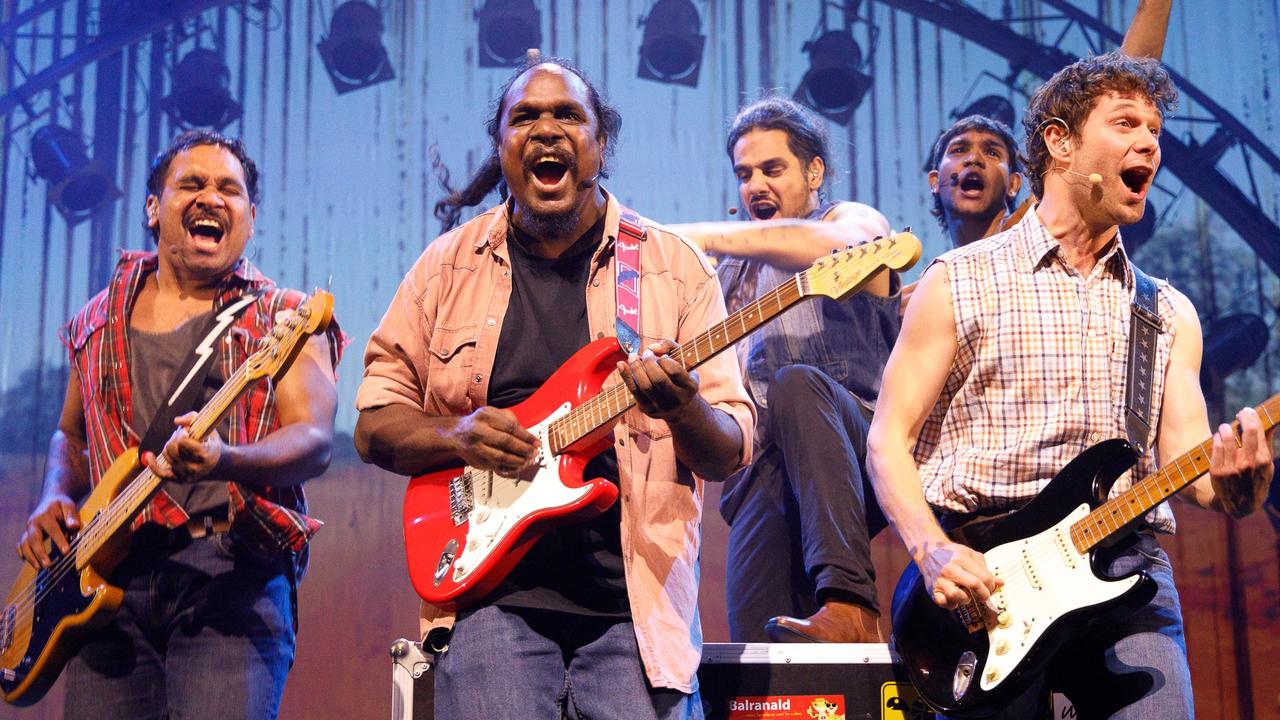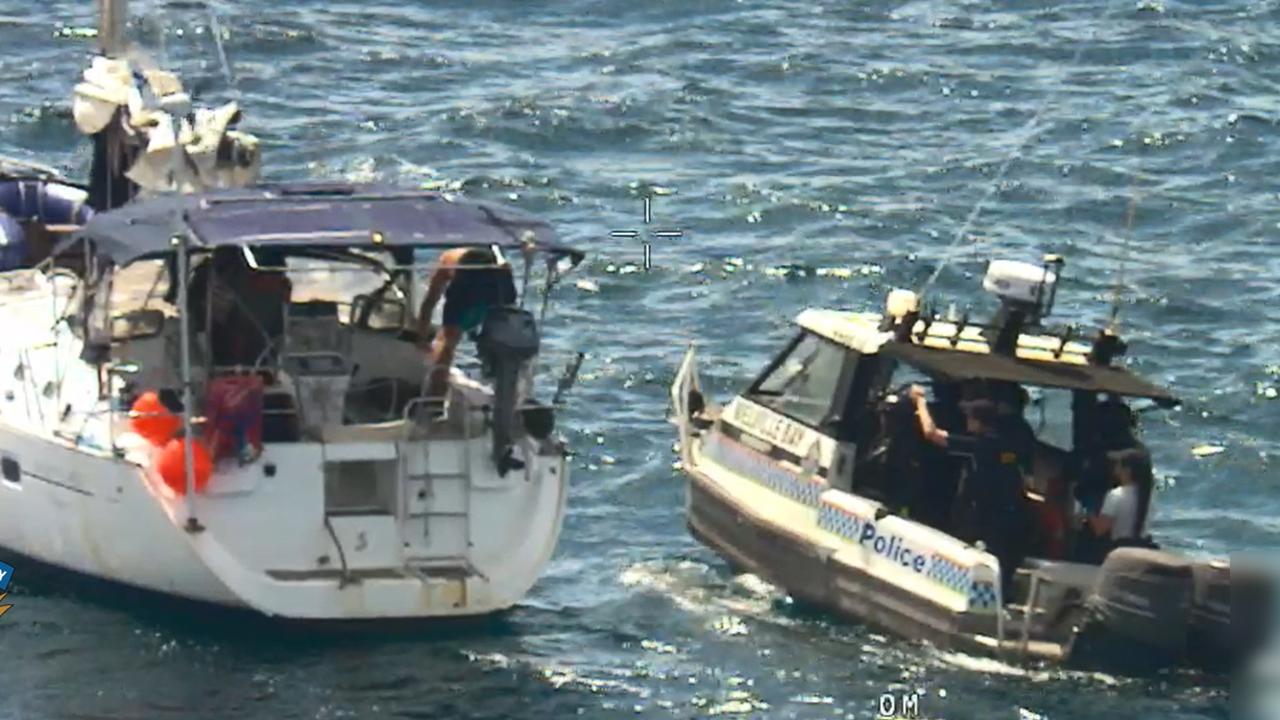Cunningham: More questions over Darwin Waterfront spending than answers
What I witnessed at the Public Accounts Committee hearing into allegations against the Darwin Waterfront Corporation left me with more questions than answers, writes Matt Cunningham.
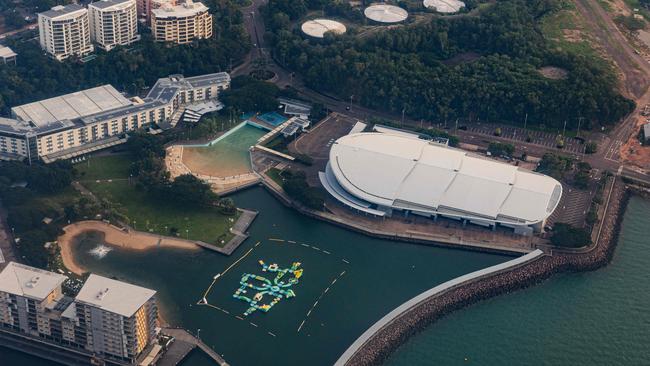
News
Don't miss out on the headlines from News. Followed categories will be added to My News.
Tourism Minister Marie-Clare Boothby says a full stop has been placed on the Darwin Waterfront Corporation issue following Tuesday’s Public Accounts Committee hearing.
Having listened in to the hearing so you don’t have to, I’d have chosen a different punctuation mark.
Because what I witnessed left me with more questions than answers.
The headline was that claims Darwin Waterfront Corporation deputy chief executive officer Sam Burke had been paid an extra $400,000 over six years for a “made-up” part time job were untrue.
According to evidence given to the committee he actually received $42,411 for acting in higher duties positions over two years.
That not-unsubstantial issue aside, the rest of what transpired in the PAC’s 75-minute masterclass in mediocrity was instructive, mostly because it gave a window into how senior public servants believe the way government departments and government-owned corporations spend your money is none of your business, and that most of our politicians seem unwilling to challenge them about this.
Having referred the matter to the committee, the Labor Opposition asked just four questions during the entire hearing.
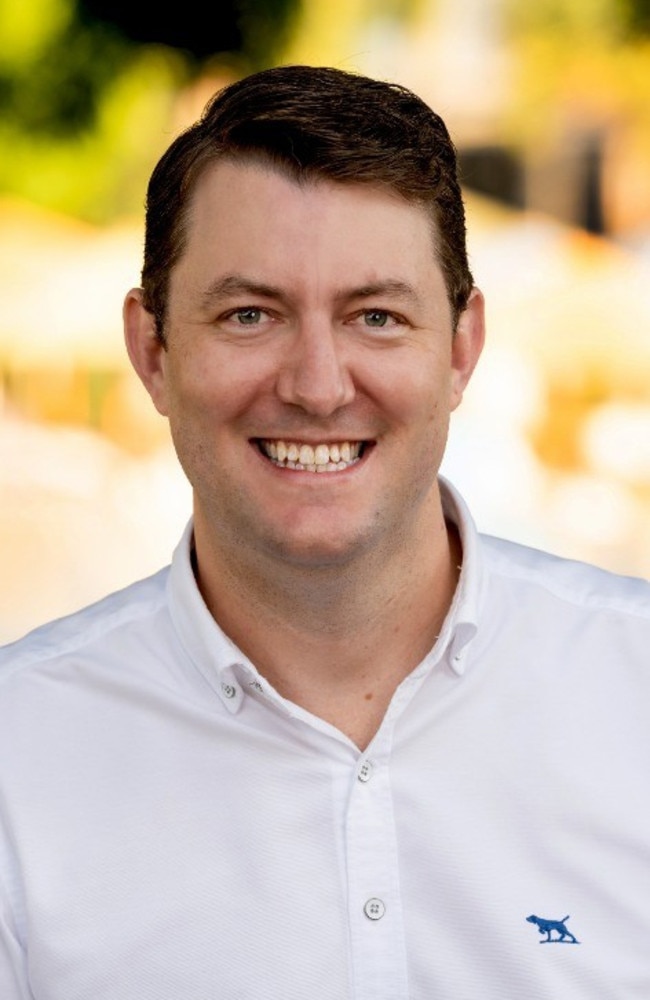
The CLP’s three members, including chair Clinton Howe, seemed more interested in getting answers that were political advantageous than ones that might be in the public interest. Through Howe’s questions, for example, we learned the issues that were the subject of the committee’s inquiry had occurred when Labor was in power and with the knowledge of former chief minister Michael Gunner and tourism minister Lauren Moss.
The only serious attempts to extract some information came from independent MLA Justine Davis.
She asked whether the Waterfront Corporation’s conflict of interest register could be made public, only to be told this by DWC chief executive Alistair Shields: “No, in common practice for boards such as the Darwin Waterfront Corporation conflict of interest registers are not made public.”
Really? Why not?
The Waterfront operates each year thanks to about $20 million of taxpayers’ money. Why shouldn’t we be able to see how their conflicts are managed?
Davis then asked Shields, the former CEO of four different NT government departments, if the DWC board minutes could be made publicly available.
She was told: “Our minutes are not publicly available and as you can imagine the board often considers matters that have commercial-in-confidence, staff-in-confidence material such that it wouldn’t be appropriate for them to be made publicly available, that also includes discussion about people’s personal conflicts of interest.”
Would it not be possible to redact any items that might genuinely be commercial-in-confidence before releasing these minutes?
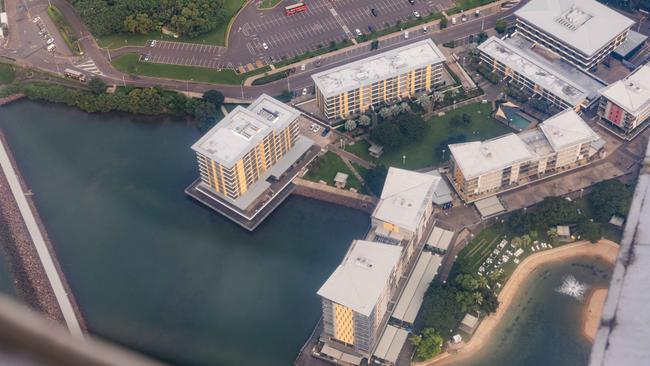
It got even better towards the end of the hearing when Davis asked Shields if the DWC might make public the audits it had conducted between 2022 and 2024.
He responded that the internal audits were largely looking at processes and improvements in how they would deal with critical incidents at the Waterfront.
“I would doubt that it would be of any particular interest to the general public,” he said.
Well, how about you make those audits public and the people who pay for the Waterfront can decide for themselves? (I, for one, would love to know more about the people Shields revealed had fallen into the water at wharf. I’m no Captain Safety, but for as long as I’ve lived here I’ve wondered why there is no safety barrier at Stokes Hill where hundreds of people, including young children, go for dinner each night.)
Davis had more questions but Howe wound up the hearing with 45 minutes left on the clock. I was left with some questions of my own.
Why are the boards and staff of the Darwin Waterfront Corporation and the AustralAsia Railway Corporation so closely entwined?
It’s hard to believe there’s a great deal of overlap between the skills required to run a railway line and those needed to operate a tourist precinct.
Why are there so many people that have held roles on the boards and staff of each organisation, sometimes concurrently?
How much are people paid to sit on these boards?
Why are so many of these roles filled by current or former senior public servants?
Why are people working concurrently in these positions and in the public service?
Why couldn’t a government department, or even the Darwin council, operate the Waterfront? Why are there so many hats in this quaint little jurisdiction worn by a select few?
And why has only one person in recent history been taken all the way to the Supreme Court for what appears to be a common practice: helping someone they know get a job?
Rather than a full stop, the Public Accounts Committee only delivered a giant question mark.
More Coverage
Originally published as Cunningham: More questions over Darwin Waterfront spending than answers



